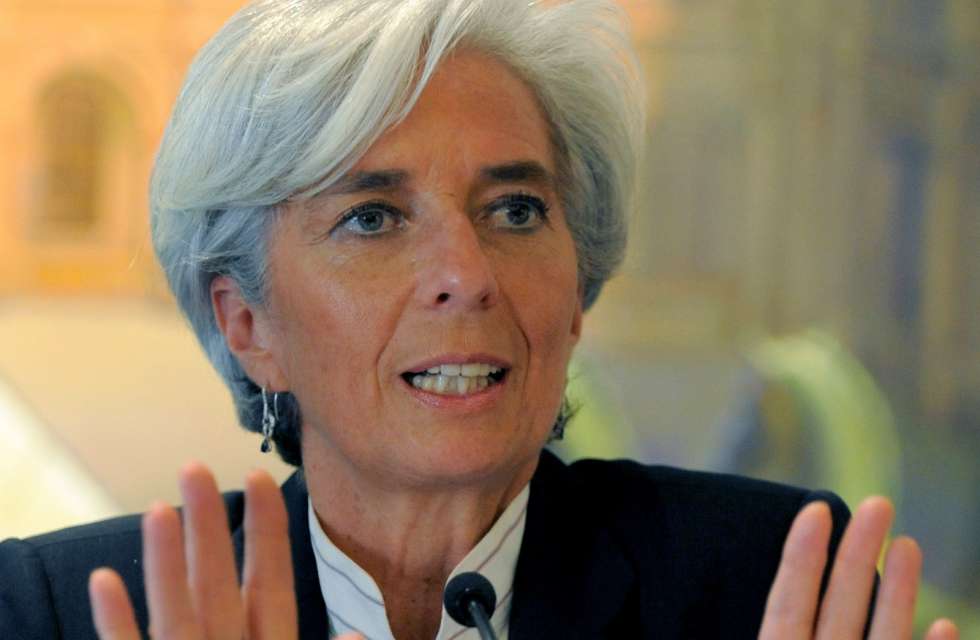July will be a crucial moment for Ghana because government has to make the final call on whether it will extend its three-year Extended Credit Facility (ECF) with the International Monetary Fund (IMF).
The decision will depend on how well government has managed the economy in the first six months of the year.
It will represent a credibility test for the government as far as key macroeconomic indicators are concerned.
Some of these are provisional outturns on debt levels, the gap between revenues and expenditures, measured by fiscal deficit, the overall and primary balances, the current and capital account balances, import cover, inflation and the performance of the cedi against its peers.
After resisting the US$918 million-backed programme and subsequently relegating it to the backburner since assuming office in January, the government now needs a credible set of results (on-target performance for the first six months) to serve as a trump card and proof of its ability to properly discipline public finances, manage the economy and achieve set targets without the guidance of the IMF.
This is especially so after the government had used this year’s budget to announce targets that are at variance with those contained in the programme.
Thus should the mid-year performances reveal strict adherence to the deficit and growth targets as contained in the budget, the government will be emboldened to naturally end ties with the fund in April, next year, when the deal comes to an end.
However, should it reveal a deviation from targets, the government could be compelled to extend the programme to be able to benefit from the periodic disbursements and the fund’s expertise in restoring debt sustainability and macroeconomic stability to bring the economy back to the path of growth and job creation. Either of them poses credibility issues to the government, a Senior Research Fellow with the Institute for Fiscal Policy, Dr Said Boakye, said.
“If they meet their targets, in fact, IMF will not be necessary. If the numbers are good and they withdraw (from the programme), it will strengthen investors’ resolve that this team is a capable team,” he said.
But should weak outturns instigate an extension of the programme, the research fellow said “it will create so much uncertainty in the system” and that could have adverse implications on the economy in the short-to-medium term.
IMF team in town
The GRAPHIC BUSINESS understands a team from the fund is already in the country to review data on the economy, with the aim of using the findings to reach a conclusion on the direction Ghana should take on the ECF.
Although a routine review, the Senior Minister, Mr Yaw Osafo-Maafo, said the fund’s conclusions are needed to guide discussions on the programme in the future.
“I do not think the government intends to extend (the programme ) but we want to hear from the fund.
“We want them to convince us that it must be extended,” he told the paper on June 16.
But while at it, Mr Maafo said Ghanaians needed to be mindful that IMF programmes are target-based and a decision to extend would be influenced by the country’s scorecard on those targets.
“The question now is, are we there or not? Are we off target or on target,” he asked, pointing to the end-period targets that were agreed with the fund in the programme that took off in April 2015.
Budgetary targets
Much as the end-period targets are necessary in this regard, Dr Boakye of the IFS said the current administration’s posture after assuming the reins of economic management from the former showed that the 2017 budget targets will rather be critical in deciding to end or extend the programme.
“By targets, I do not mean IMF targets because as it is now, the country is not directly and actively working towards the programme targets. The 2016 targets were not met and the current administration has not set out a vision to achieve them,” Dr Boakye said, referring to those contained in the 2017 budget.
“So, by targets, I mean the budgetary targets; what the government said it would achieve in the budget, because currently the country is technically not under an IMF programme,” he explained.
Unlike the IMF programme, which was targeting a deficit target of 5.3 per cent for 2017, this year’s budget, which is the government’s first after wresting power from the John Mahama administration in the December 2016 elections, projects an end-year deficit of 6.5 per cent.
Also, majority of the levies that are virtually IMF babies were tagged nuisance taxes and subsequently scrapped in the 2017 fiscal policy tool.
This gives credence to the thinking that the country is currently not actively pursuing the IMF programme, Dr Boakye said.
“So, I have been saying that the IMF itself is still hanging on, thinking that may be the government does not believe it can do it. Therefore, if the mid-year numbers are strong, then the government can say it shows that we can do it and then they will have the support to end the programme,” he said.
Source: Graphic




